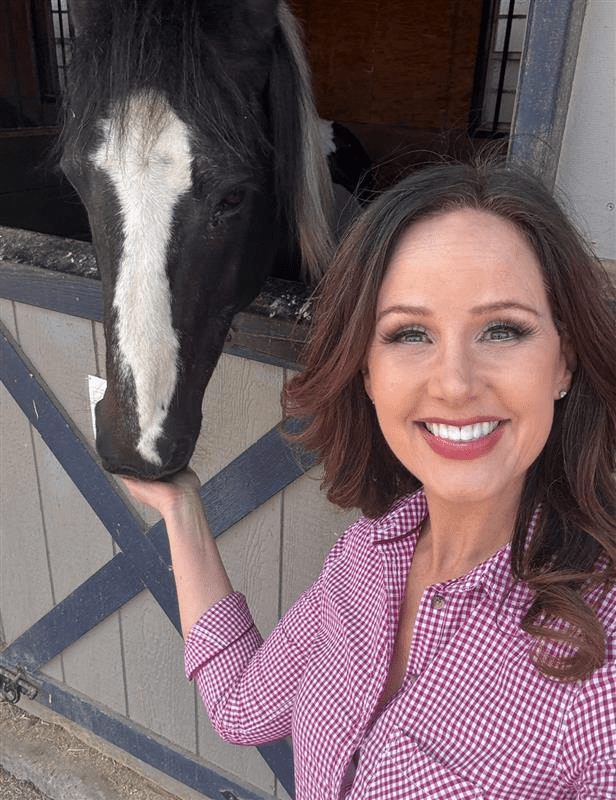Most teens are quite savvy with their cell phones, checking out the latest posts on Instagram, sending Snapchats, texting at lightning speed, or using GPS to find a friend’s house. They are completely in tune with the latest apps and online trends, tapping into the most obscure social networking sites before the rest of the population catches on.
Could you imagine a world where teens cared more about their state senator’s position on education reform than their friend’s Instagram collage? In the 1960s, millions of young people across America became involved in politics due to their opposition to the Vietnam War. Since then, teens don’t seem to be as universally involved in politics.
How can parents and educators encourage teens to become involved and passionate about the political and economic issues affecting our country?
The youth demographic and voting statistics
Most experts agree that a knowledge of civic responsibility, U.S. political history, as well as registering to vote as soon as one turns 18 all contribute to a lifelong interest in government and politics. However, the youth vote and youth registration rates still lag far behind other age groups. According to the Center for Information and Research on Civic Learning and Engagement at Tufts University, 45 percent of registered youth aged 18 to 29 voted in the 2012 presidential election, while all other age groups voted at turnout rates of 60 percent and higher. In New York, the youth turnout vote was 42.4 percent as compared to 63.4 percent of registered voters above 30 years of age (www.civicyouth.org).
According to Campusvoteproject.org, “Despite widespread reports of overwhelming youth engagement in the 2008 election, young voters only made up about 19 percent of the electorate.”
What keeps young people from the polls?
“Young people don’t vote right away because they don’t see the importance,” explains Mary Ellen Balchunis, assistant professor of political science at La Salle University in Philadelphia. “Once they get their first paycheck, see the taxes taken out, have car payments, and pay health insurance premiums, they begin to realize that it is important who is in government.”
Mary A. Evins, campus coordinator of the American Democracy Project and associate professor of history at Middle Tennessee State University, points out, “Some 18 year olds express that they aren’t ready to vote yet, and some see voting as a chore and an inconvenience.”
What educators can do
“As a college professor, I know how to get young people involved in politics,” says Balchunis. She reports that having discussions about issues that directly affect teens is key, such as staying on their parents’ health insurance or lowering interest rates on student loans. Balchunis regularly invites political figures to visit her classroom. As a candidate for U.S. Congress, Balchunis has also worked with teens on the campaign trail and understands that teens will want to get involved if they can do something they are good at.
My daughter’s U.S. government teacher helped her students get registered to vote. She passed out registration forms and hand-delivered them to the county board of elections office. Many of these students were then eligible to vote for the school budget in May.
What parents can do
Young people should develop an interest in government and politics well before the age of 18. I used to take my kids to the polls with me at a young age so they could experience the democratic process first-hand. They watched their father and I vote in all types of elections — school, local, and national. Evins instructs parents to have frequent, thoughtful dialogues about community, state, national, and global issues. She also advocates visiting sites of local, state, and national governance.
“Parents who include civics education as part of regular family activities will help children grow naturally into understanding what their responsibilities are as good citizens,” she adds.
Balchunis recommends, “Share the newspaper with them and watch the news with them.”
Tips and tales
Please share these tips from our past presidents with your teens (provided by: www.cleanslatenow.org):
• “Always vote for principle, though you may vote alone, and you may cherish the sweetest reflection that your vote is never lost.” — John Quincy Adams, sixth U.S. president.
• “The future of this republic is in the hands of the American voter.” — Dwight D. Eisenhower, 34th U.S. president
• “To vote is like the payment of a debt, a duty never to be neglected, if its performance is possible.” Rutherford B. Hayes, 19th U.S. president.
Share your ideas
Upcoming topic: How does a parent cope with an empty nest once their children are off to college or work?
Please send your full name, address, and brief comments to myrnahaskell@gmail.com or visit www.myrnahaskell.com
Myrna Beth Haskell is a feature writer, columnist and author of, “Lions And Tigers And Teens: Expert Advice and Support for the Conscientious Parent Just Like You” (Unlimited Publishing LLC, 2012). For details, visit www.myrnahaskell.com.























